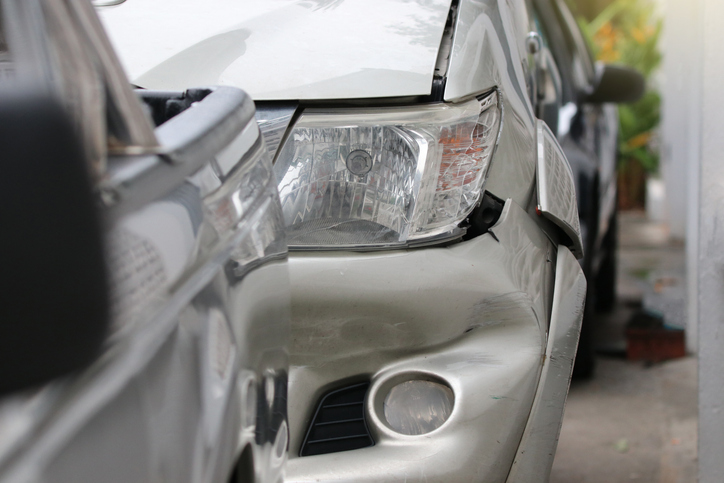What brokers say about Ontario DCPD opt-outs

Ontario brokers tell us their phones aren’t ringing off the hook with calls from drivers wanting to take advantage of the province’s new option to decline direct compensation- property damage (DCPD) coverage on their auto policies.
“I actually thought that there would be a ton of phone calls on it. I thought a lot of clients would ask,” Morgan Roberts, director of Ontario brokerage RH Insurance, tells Canadian Underwriter.
“But I asked all our [brokers], ‘How many conversations have we had?’” she says. “And not one client has asked yet.”
Roberts spoke to CU earlier this year after the government’s new policy came into effect. Previously, Ontario drivers were required by law to have DCPD coverage, which provides consumers coverage for not-at-fault property damage to their vehicles.
DCPD coverage includes repair costs, the value of the vehicle, loss of use of the vehicle, a replacement for the vehicle, or loss or damage to any of the vehicle’s contents.
Opting out
Ontario’s new OPCF 49 endorsement took effect Jan. 1, 2024. It allows drivers to refuse DCPD coverage as an option to reduce their auto premiums. The measure debuted as part of the provincial government’s 2022 budget plan as a way of “increasing consumer choice,” and the reform was later passed in 2023.
“This is an important change the government is making to give drivers more options. For example, for those who own older cars that are worth less than the cost to insure them,” Ontario’s 2022 budget document says.
So far, brokerages are reporting low consumer interest.
“We have three policies in total where clients have opted out of DCPD,” says Alex Gemmiti, service manager at Mitch Insurance. (That’s out of more than 20,000 auto policyholders.)
Those who’ve decided to opt out were “absolutely price-motivated,” he says. “And they are all vehicles that have an intrinsically low value.”
Some who’ve opted out have access to multiple vehicles, either on their own policy or through work. “So, if something were to happen, they could immediately just hop into another vehicle,” Gemmiti says.
Ontario’s brokerage association notes uptake is low province-wide.
“Most brokerages we spoke to said that they had not added the OPCF 49 coverage to any of their clients’ auto policies,” Insurance Brokers Association of Ontario (IBAO) confirms in a statement.
And although brokers have fielded questions from some curious clients, “in almost all cases, once clients were informed of what coverage and benefits the OCFP 49 would remove, they were not interested in the product,” IBAO says of the anecdotes they received.
Potential savings
Industry estimates suggest opting out could save drivers from 5% to 10% on their annual premiums. The average cost of car insurance is $1,655 per year in Ontario, according to brokerage ThinkInsure. So, the potential savings works out to an average of $83 to $165.
Well before the change was implemented, brokers expressed concern potential policy savings would not make up for the costs their clients would pay if they were in a not-at-fault accident.
“We have worked pretty diligently on finding plain verbiage, jargon-less ways to have this discussion with clients…to truly educate them on what that means and what they might be missing out on in the event that they opt out of the coverage,” says Gemmiti.
Brokers point to other ways for clients to save money on their premiums. For example, drivers can opt to choose higher deductibles.
Another way to save money on premiums? Shop, don’t drop, your options, Roberts says.
“Go over your entire file to make sure it’s still accurate,” she advises drivers. For example, “if you don’t now have a work commute and your car’s just sitting in your driveway, [your broker] should know that.
“If you’re still working from home, and you’re never going to go back, that’s something to discuss with your broker because your insurance could get lower at that point.”
Bundling home or tenant insurance with an auto policy is another way consumers can save money on auto insurance.
And if clients are adamant about shedding whatever coverages they can, DCPD should be on the bottom of that list, Gemmiti says.
“If they want to remove collision coverage or comprehensive coverage, those are pretty common,” he says.
Feature image courtesy of iStock.com/vichuda







